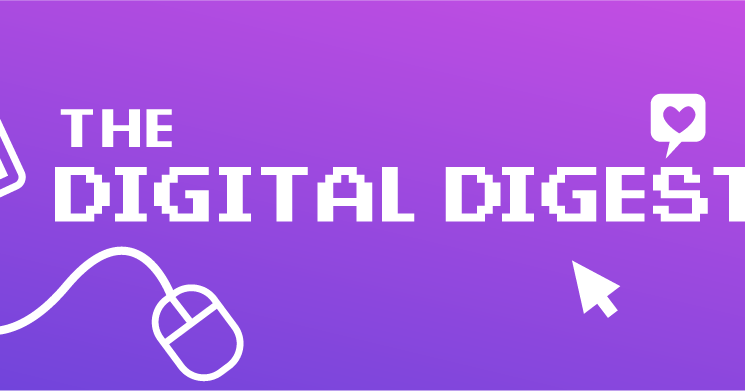US universities should teach a genuinely typical core of understanding

As I generally say, there was no golden age of greater training. Whatever all those who despair of the current state of points may believe that, a feeling of crisis is a recurring topic of US university historical past.
Yet, as someone who values the full assortment of human finding out, I look at myself blessed to have been an undergraduate in the 1960s.
I entered a medium-sized selective private college in 1967, completed graduate study at the considerably larger sized public College of Toronto and taught throughout disciplines for 45 several years in a few public universities in two states, smaller and incredibly huge, new and lengthy-set up.
In the 1960s, there was nonetheless a semblance of a shared academic encounter. Basic training necessities were widespread throughout the campus all over students’ 1st several years and into section of their second. Rooted in elective alternatives, the solutions ranged from history and overseas languages to classroom and lab sciences – and even physical training.
In addition, not like these days, a major portion of teaching for business and engineering college students was provided by the departments of economics and math-stats in the previous circumstance and physics, chemistry and math-stats in the latter.
It was not best, but the final result was that pupils from throughout campus shared a major foundation in school-degree studying. We satisfied and had alternatives for interchange and friendship. A background main and sociology small myself, my greatest friends and roommates were being undertaking engineering, pre-med and pre-regulation as perfectly as arts, humanities and journalism majors.
That widespread main steadily dissipated as a result of the 1980s, 1990s and 2000s, often changed by various combinations of credits and exemptions for Highly developed Placement courses and so-termed “college-level” superior-school courses. The latter lack any diploma of top quality control and are typically promoted to entice superior-schoolers and their mother and father towards article-secondary enrolment by fooling them about minimizing charges, confusing exemptions from demands with real program credit.
Pandemic on line and hybrid programs only exacerbated the isolation. My existing undergraduate pals and acquaintances – numerous of them at the particularly big Ohio Point out College – know couple peers outside specific lessons, even within just their majors. And they regret that. They welcome any alternatives to make new cross-disciplinary connections.
Undergraduates, especially in STEM fields, often convey to me that they “miss reading”. Most grew up reading broadly at property and in university and community libraries, but these in pre-professional majors not often go through further than pricey textbooks that are frequently composed and necessary by program instructors. Accounting pupils want to study far more economics and interaction techniques, like composing. Engineering college students long for a training course in the record, philosophy and literature of science and technology.
A lot of college report that they would gladly train these kinds of courses. But university price range “models” disincentivise making credits from university student enrolments that do not accrue entirely to one division.
We should do better. But it looks to me that over and above a compact variety of common liberal arts faculties and some of the part colleges of the mostly vocational community land grant universities, there has been no consensus on either “common good” or “common core” of greater training. Nor do I suggest to reconstitute the elective selection distribution or normal training requirements I relished in the 1960s: as I reported, this was no golden age.
I envision a much more focused foundational main of lectures and more compact discussion classes offered across the very first two a long time of undergraduate analyze, inseparably interrelated with civic, social, cultural and economic life, present and long run. The intention, in portion, would be to receive an knowing of historic origins, outlined contexts and developments around time and room. My conception also hyperlinks, to a novel extent, the classroom and campus life: the so-referred to as curriculum and further-curriculum.
Distinct themes and written content would fluctuate by teacher, but, to the extent doable, most if not all courses would merge the arts, humanities, social sciences and STEM. Wide subjects would include documented, inclusive US history in comparative views politics, together with civic society and participation and the US structure in comparative perspectives comparative civilisations interrelationships of the earlier, existing and upcoming across the arts, humanities, social sciences, math/stats normal sciences, organization and technologies and essential information of at minimum one particular non-native language.
This main would be “book-finished,” to use a at the moment common phrase. That is, there would be reasonably compact introductory and “exit” programs that aimed at broadly intellectual vital pondering but also tutorial, extracurricular and vocational relationship-building.
The “core faculty” training these courses would be properly supported, doing the job in collaboration with their primary departments and faculties, as perfectly as the central place of work of tutorial affairs. Crucially, the latter will have to be galvanised to promote, coordinate and quite fund cross-higher education communications, so that interdisciplinary group instructing is encouraged and supported, not hindered.
The purpose is not to duplicate secondary education. Large-faculty students might be exposed to a vast variety of topics, but their lecturers are normally no far better at bringing out broad themes that transcend specific disciplines than university college are.
The purpose is to develop graduates with a broad grasp of the troubles that have, do and will have an impact on their societies. These men and women are not only extra joyful and stimulated in them selves, but they also make greater workers and more engaged citizens. And that, absolutely, is the mission of ours and every age.
Harvey J. Graff is Professor Emeritus of English and Historical past at The Ohio Point out University and inaugural Ohio Eminent Scholar in Literacy Scientific studies. His most latest e book is Looking for Literacy (2022).


:format(url)/cloudfront-us-east-1.images.arcpublishing.com/baltimorebanner/F5X3E2B2U5HEPOP23MAVVIOVGA.jpg)



